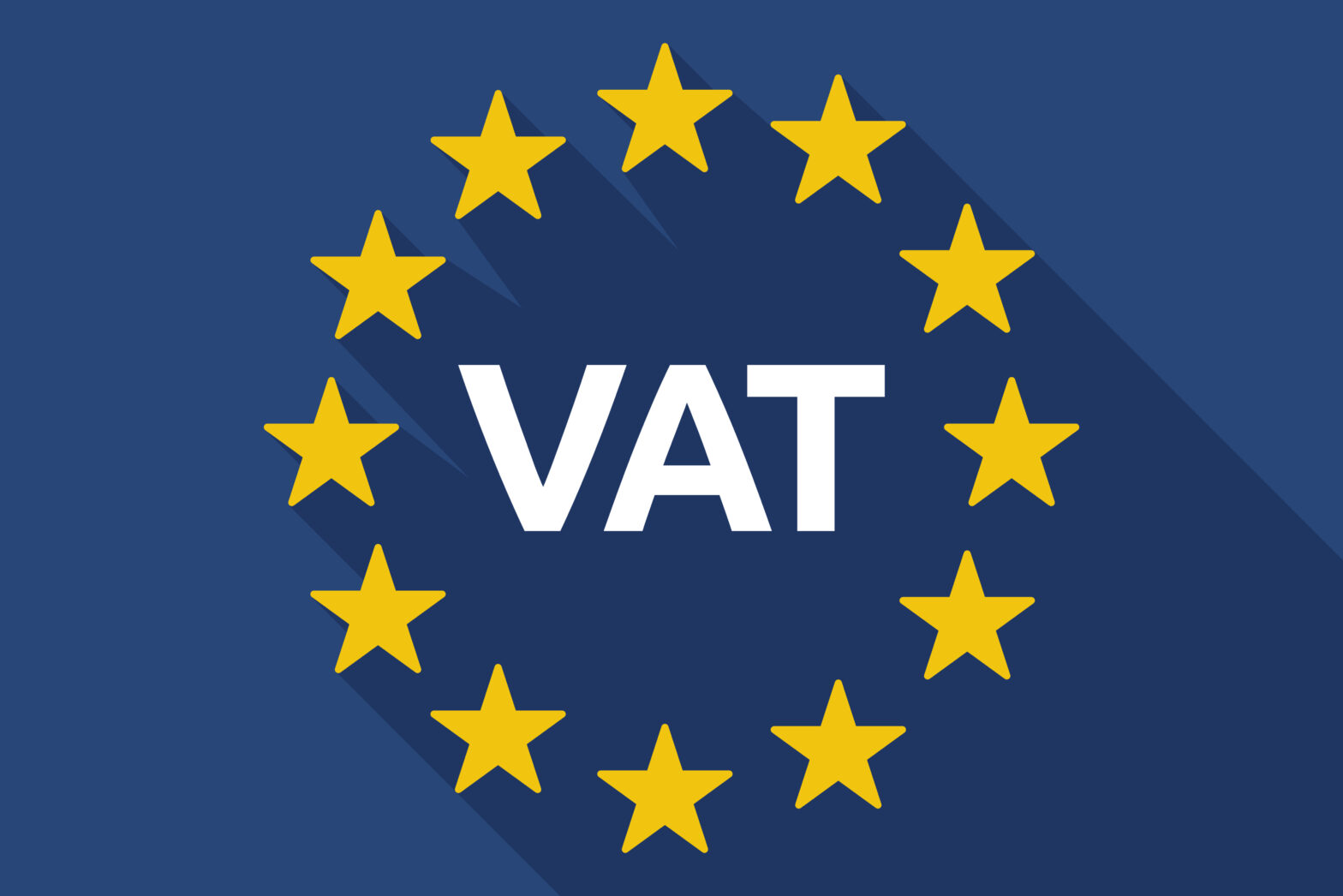Changes to IR35 legislation in 2017, also known as the Off-Payroll reforms, means that public sector hirers are now responsible for determining the IR35 status of their contractors and the Government is considering rolling out the same rules to the private sector. It means that now, more than ever, contractors need to be fully aware of how the changes are impacting them and could impact them in the future and how to choose a contractor umbrella scheme.
As a direct result of the changes to IR35 in the public sector, many contractors:
- Are now deemed inside IR35 and must be taxed accordingly, and
- And are now receiving less take-home pay as a result.
The changes have led to a proliferation of schemes being set up that are aggressively targeting professional contractors in the public sector with the promise of higher take-home pay. They ‘work’ by paying a small portion of your earnings via PAYE and then disguising the remaining larger part of your income as something else, often an offshore loan. Most of these schemes are illegal.
Although these companies are suggesting they can reduce your tax and NICs, in reality you are still liable for paying them. By using such schemes, contractors are putting themselves at significant personal financial risk. HMRC will usually backdate any charge for unpaid taxes to the date that you signed up to the scheme, and once fines and interest is added then your total tax bill will be extremely large.
The message is clear: Please don’t sign up to any of these schemes! Consider these points:
- Don’t believe anything that they tell you;
- Just because they state they are compliant with HMRC, that does not mean that they are;
- Avoid anything stating “HMRC Approved” as HMRC does NOT approve anything;
- They will lie in order to entice you to their scheme;
- They will not support you if HMRC investigates;
- They are deliberately and aggressively targeting susceptible workers who have had their income reduced as a result of tax changes in the public sector.
Sometimes these schemes label themselves as “umbrella”, but they are not umbrellas at all, and they are bringing the sector into disrepute. A true contractor umbrella scheme employs the worker whilst giving them flexibility to work for numerous end-hirers – so the worker has an umbrella of employment benefits and rights that they take with them wherever they work. Crucially, an umbrella will always pay 100% of your gross pay through RTI payroll.
Hallmarks of a compliant contractor umbrella scheme
Instead of these schemes, please choose a compliant umbrella firm. A true umbrella will:
- Employ you;
- Give you all statutory rights & benefits of employment (holiday pay, sick pay, pension etc);
- Give you the flexibility for numerous different end-hirers;
- Consolidate your pay from numerous hirers into one pay packet, and
- Process the full amount of your gross pay through PAYE.
In essence, the idea is that you take an ‘umbrella’ of continuous employment benefits with you when you work for various different end-hirers.
Key benefits of umbrella employment to the worker
Under a legitimate umbrella scheme you can and should expect and get certain benefits. These are:
- Employment rights, including all statutory rights and benefits such as holiday pay, maternity, paternity, sick leave, pension etc;
- Employment history whilst working on a contingent, multi-location basis (useful for access to finance, housing/mortgages, etc.);
- Joined up pay from fragmented working:
– Many workers will perform multiple assignments during a week or a month – Umbrellas consolidate their workers earnings and ensure appropriate taxes are paid;
- Peace of mind that tax is paid appropriately, with no need to submit an annual self-assessment return to HMRC;
- Employee/HR support, in the unlikely event that an individual needs HR advice, such as a grievance case, as their employer the umbrella firm will have processes to support them.
Key questions to ask
Before you sign up to any intermediary that will pay your remuneration, consider asking:
- How is my gross pay calculated?
- What percentage of my gross pay will be paid through RTI payroll? (NB, the answer should be 100%! Anything less puts you at risk.)
- Will any of my money be offshore at any stage?
- Does payment involve any loans, shares, annuities or other disguised remuneration mechanism?
- Do you pay my income tax and NICs direct to HMRC when they become due?
- Is my annual P60 processed and despatched directly by you?
- If I change to another company, will I receive a P45 from you?
- Are you an umbrella company? If so, can I see my contract of employment?
- If you are an umbrella company, are you FCSA Accredited?
When you receive your first payslip, check you are being taxed properly. There are lots of online calculators, for example https://www.moneysavingexpert.com/tax-calculator/
Likewise, check your P60 (given to you at the end of the tax year) and your P45 (given when you leave employment) matches what you have been paid, and that you have been taxed properly.
If there is any discrepancy, contact an FCSA Accredited Member for advice, http://www.fcsa.org.uk/members/ The regulations are complex and niche, so it really is worth going to a specialist that will give you best advice for your circumstances.
Julia Kermode is chief executive of The Freelancer & Contractor Services Association, the UK professional membership body dedicated to raising standards and promoting supply chain compliance for the temporary labour market.
For further reading: Guide to IR35 for IT employers and contractors





